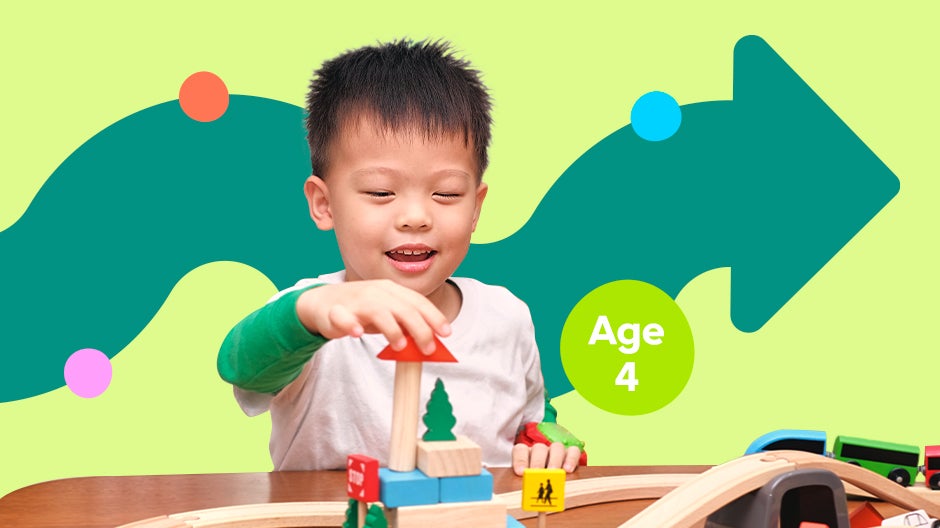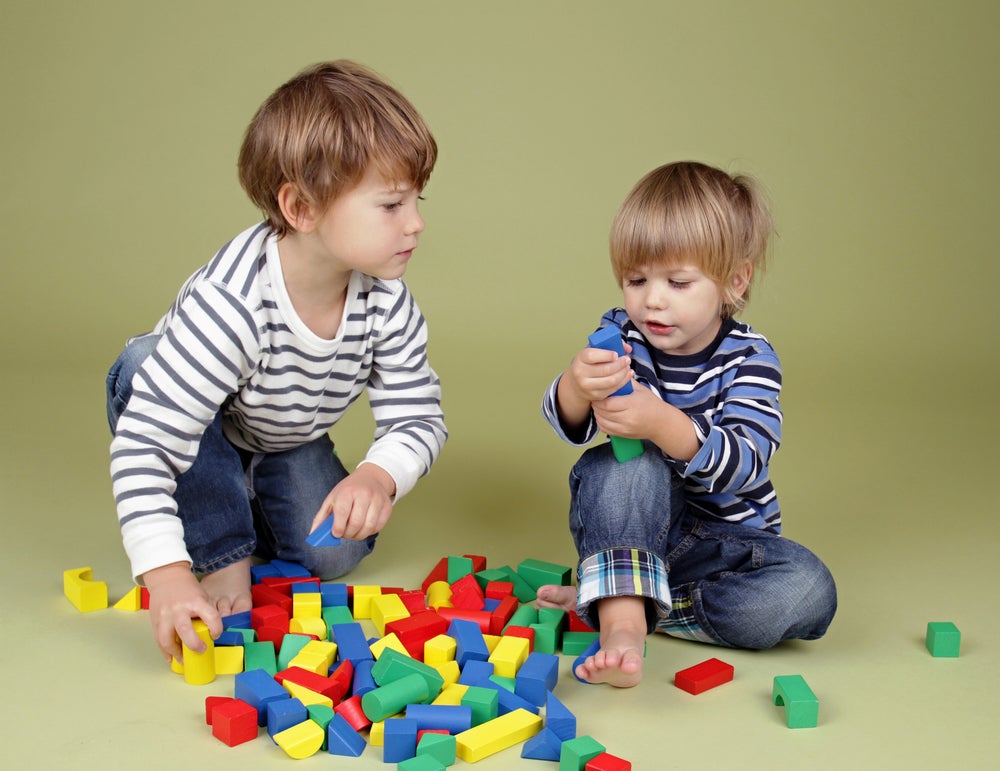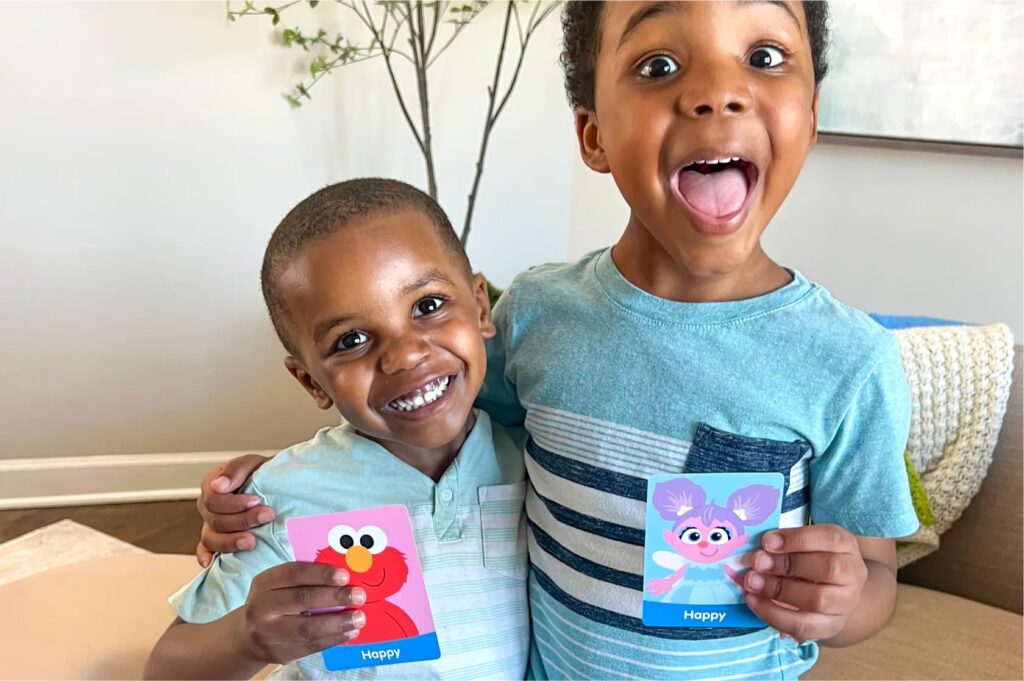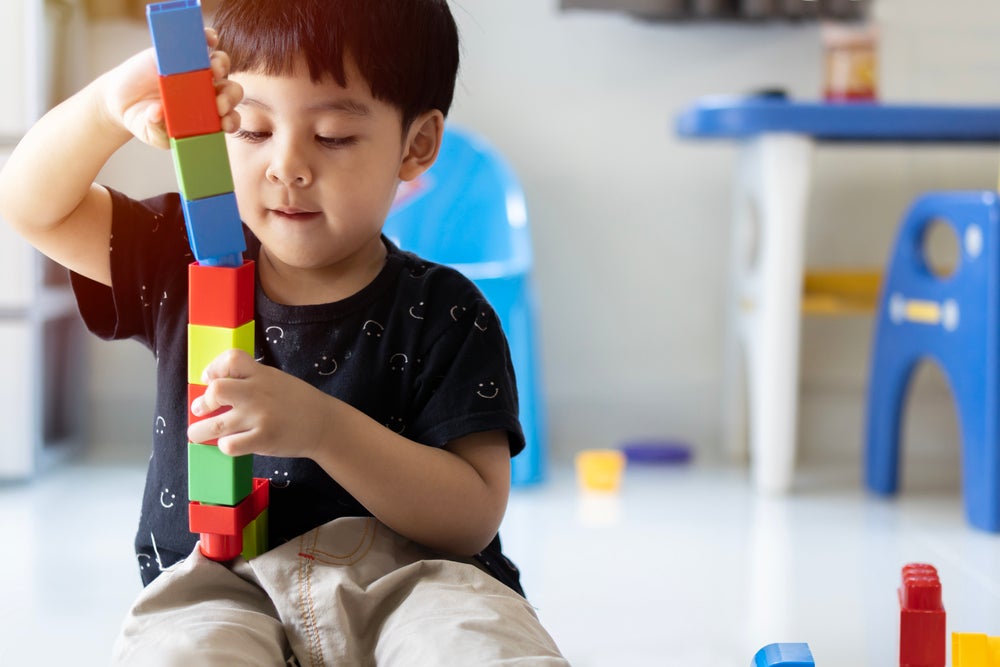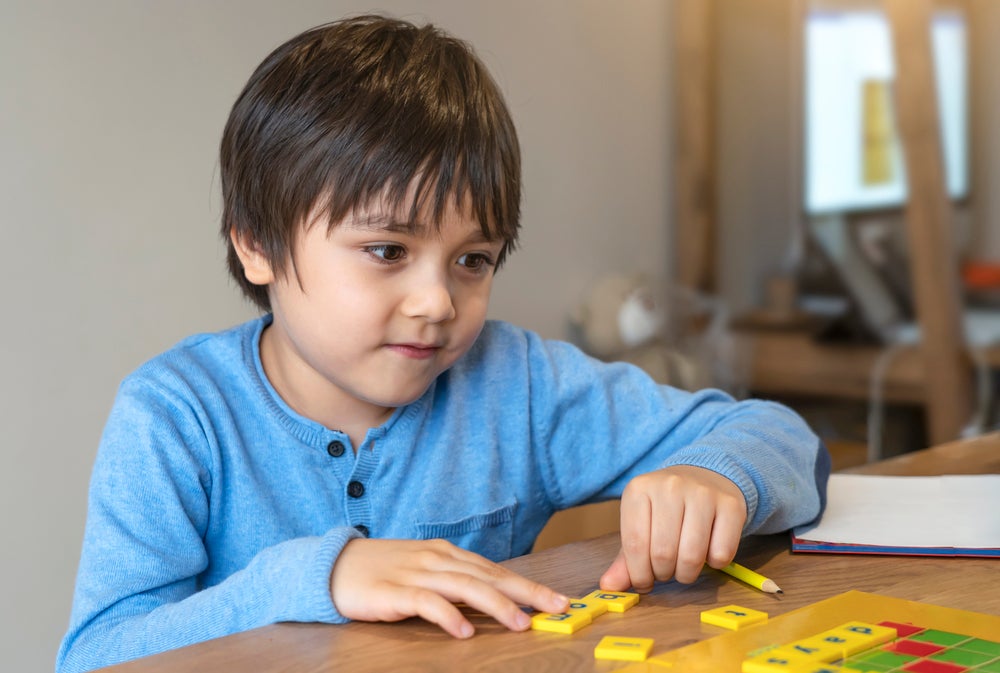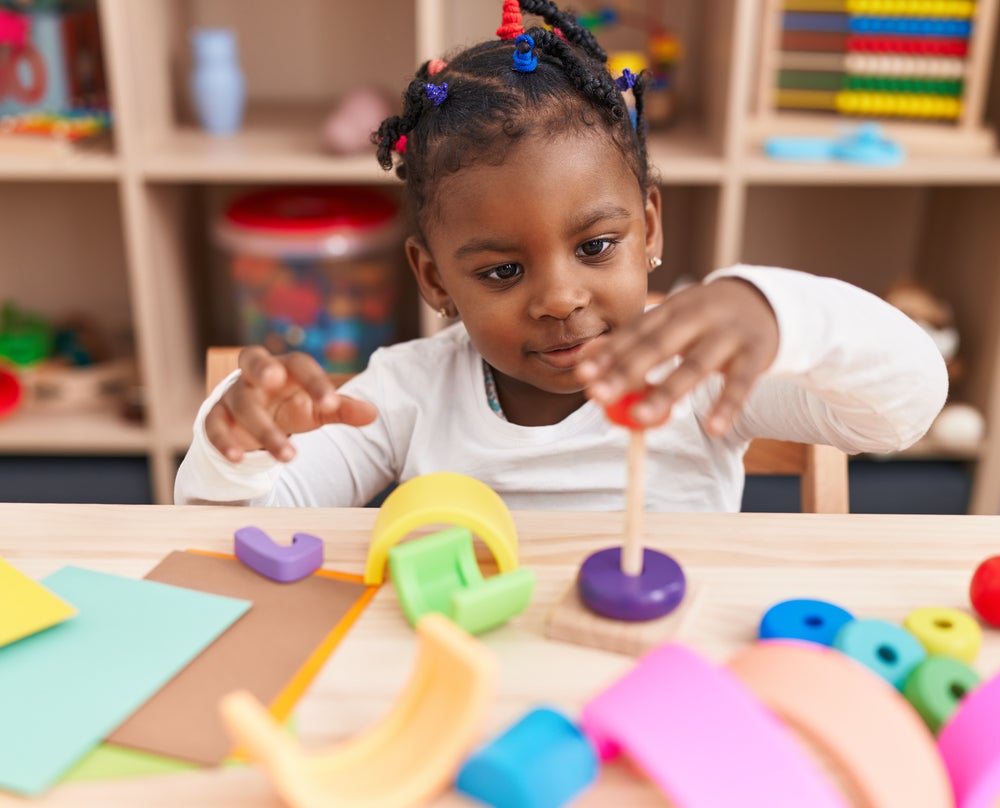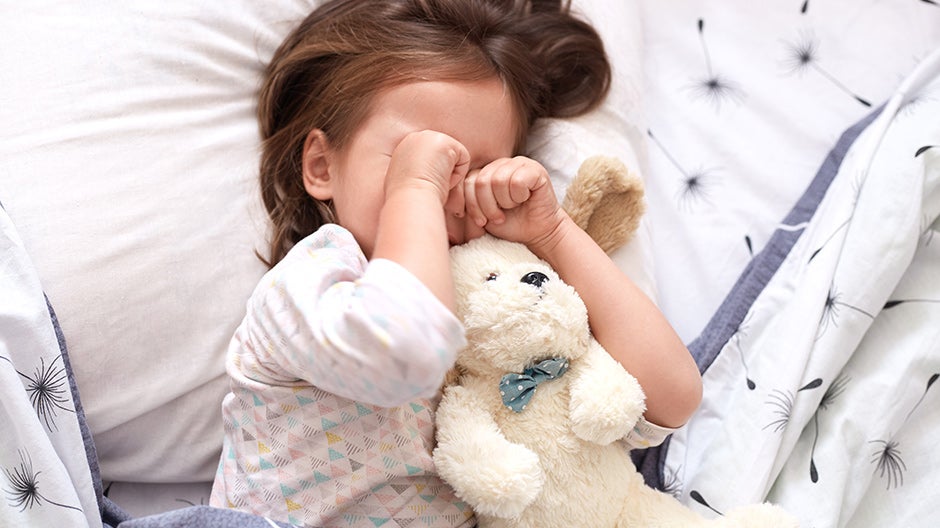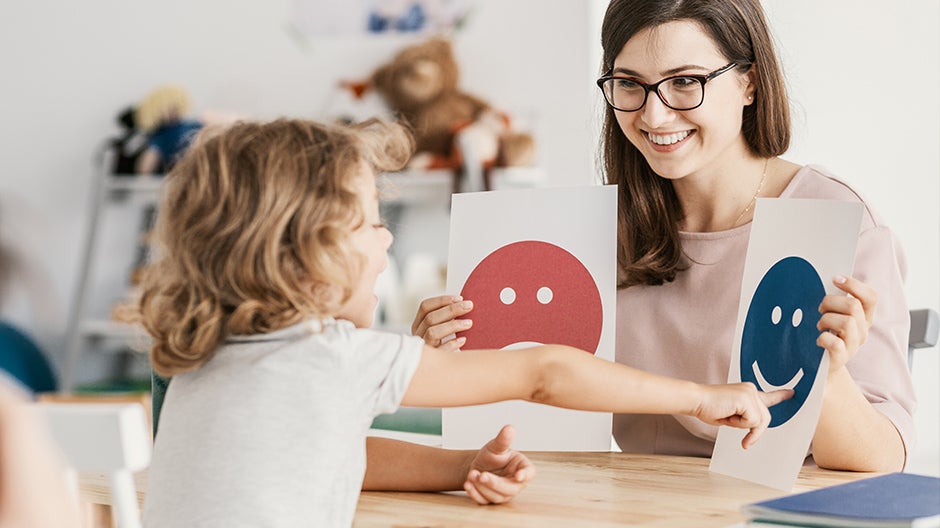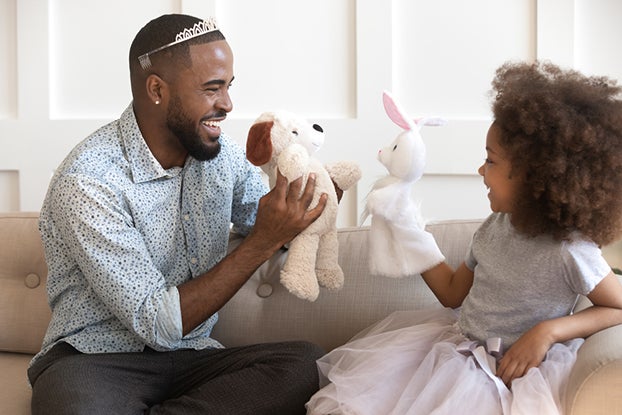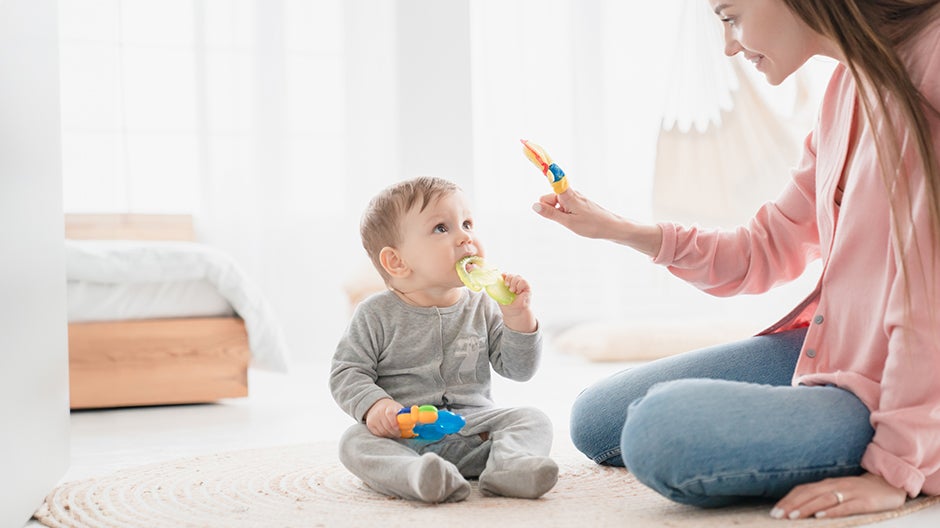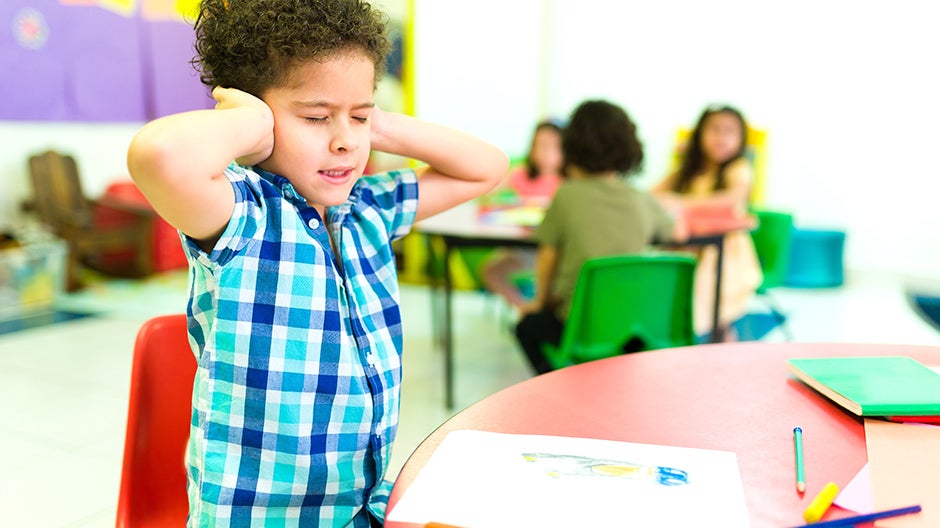Four-year-olds are busy! They’re in an incredibly rapid time of change and development, and many are gearing up for big developmental milestones such as attending preschool or pre-K for the first time. They are increasingly able to communicate their feelings, regulate their emotions, and process new information, and their brains are growing and forming neural connections at an astonishing rate.
At Begin, we know that brain growth is just one piece of early learning. Your child is unique, multi-faceted, and has limitless potential. Because our mission is to give every child their best start to achieving their fullest potential, we focus on skills critical for school and life success. We’ve simplified them into the Begin Approach through 5 C’s: Creativity, Critical Thinking, Curiosity, Character, and Core Skills.
So what do those C’s look like for your 4-year-old? Let’s take a look!
The Short Cut
- Four-year-olds are developing important skills that will help them get and stay ready for school, then learn throughout their lives
- The 5 C’s that lead to thriving in school and life are Creativity, Critical Thinking, Curiosity, Character, and Core Skills
- For 4-year-olds, the 5 C’s can be supported through play and simple, everyday interactions
- Parents can help 4-year-olds develop the 5 C’s through a combination of guided play, artistic activities, social interactions, and reading
Creativity
Creativity is a child’s ability to come up with solutions to problems, invent new ideas, and express themselves in novel ways. Most young children are naturally creative, and chances are your child is no exception! Our job as parents and caregivers is to foster that creativity throughout their childhood to help them become creative adults.
Your 4-year-old’s creativity might look unexpected, especially when they’re coming up with solutions to everyday obstacles!
If you’ve ever heard your preschooler make up new words or experiment with rhyming, that’s creativity. It’s a sign they’re willing to explore new things and go beyond how words are “supposed” to be used. You may also notice your child changing their clothes multiple times a day, experimenting with different hairstyles, or even getting into makeup (or other colorful things) in an attempt to express themselves and model what they see adults doing.
While this creativity may lead to a lot of laundry (or emergency trips to the hair salon to salvage a haircut), it’s all an important part of developing your child’s sense of self and problem-solving capabilities.
Critical Thinking
Critical thinking includes two elements: the ability to make decisions and analyze information, and a broad set of processing skills often referred to as executive functions. These skills lay the foundation for making good choices, understanding rules and consequences, and identifying trustworthy information versus untrustworthy information.
We usually don’t think of preschoolers as being logical problem solvers or deep thinkers, but in fact, there’s a LOT of critical thinking development happening for 4-year-olds! Given how much kids are developing at this age, it’s important to know about their cognitive milestones and how to foster critical thinking skills.
Your child will likely be starting to know the name and purpose behind different types of media, such as books for reading, a radio in the car for music or news, and a screen for streaming their favorite shows. Knowing the names and general functions of these various forms of media and information is a precursor to understanding different forms of news and information, and sets the stage for conversations about credible sources versus sources you should question.
Another element of critical thinking is your child’s ability to follow simple rules in collaborative or competitive games. Understanding, remembering, and following rules (especially if you have to ignore distractions or avoid immediate gratification) is an important aspect of developing executive functioning skills.
Curiosity
This one probably feels obvious! The average 4-year-old asks approximately a question a minute (literally!), which really adds up over the day. In this stage, children expand beyond just “how” and “why” questions to include “who,” “what,” and “where,” putting you on the edge of your seat wondering what they’re going to ask next. Questions are preschoolers’ primary tool for understanding the world around them, which makes sense given how much of their daily life is still pretty new to them.
Because of that, curiosity isn’t something we usually need to “teach” our young children. Our job is to encourage their natural curiosity to support other knowledge development and create a lifelong love of learning.
At age 4, you’ll likely notice your child creating or building things, or taking things apart to see how they work. Both are important aspects of figuring out how the world works. Curious 4-year-olds will test boundaries and experiment during play to learn about consequences, patterns, and how things are related or unrelated. Unstructured, free playtime is a critical part of fostering your child’s curiosity!
Character
Children who develop Character, or social-emotional skills, in their early years tend to do better in school and life, including having more positive relationships with teachers and friends. Four-year-olds develop some key Character skills, including a growing sense of empathy and more nuanced emotions-related vocabulary. For example, they may start to identify when they’re “disappointed” and “frustrated” versus the “mad” and “sad” words they mastered at earlier ages.
During this stage you’ll likely notice that your 4-year-old is able to develop and maintain friendships that go beyond simply playing with peers of the same age. They might become more selective about who is their friend versus who isn’t, and they may start asking for play dates or other opportunities to interact with their friends outside of their normal routine.
This is an exciting time, as these new friendships will stretch your child’s ability to communicate their feelings, collaborate toward common goals (such as building a sand castle at the playground), negotiate when conflict inevitably arises, and appreciate that others have feelings that may differ from their own.
Your 4-year-old will also likely display a growing awareness that behaviors appropriate in some contexts, such as shouting and running around at a playground, are not appropriate in other contexts, such as a library or a church. This ability to regulate their behaviors is a tremendous step toward being able to navigate a range of social situations and environments with ease.
Core Skills
The need to develop foundational learning skills, such as reading and being able to think mathematically, is never going to go away, even as we better understand the importance of the other C’s. Your 4-year-old needs a strong base upon which to develop the skills they need to thrive in this ever-changing world. Core Skills, like counting, reading, writing, and background knowledge on a range of social and scientific topics, make up an important part of that base.
Luckily, a LOT of Core Skills can (and should be) supported through playful everyday experiences! Your 4-year-old is likely practicing the art of counting objects, which actually takes the coordination of multiple skills. They need to know the names of the numbers in order (what experts call the verbal counting string), that objects should only counted once or you’ll end up with the wrong total (called the one-to-one principle), that it doesn’t matter which order you count the objects in (such as left to right OR right to left, which is known as the order irrelevance principle), and that the last number counted represents the total number of objects in a set (known as cardinality).
As your child plays with their blocks, dolls, cars, stuffed animals, or even helps you set the table, you can ask them to count how many, or to hand you a certain number (“Can you pass me five cars?”). When they do, take a minute to appreciate (out loud if you’d like!) the amazing number of skills that go into everyday experiences and routines.
Four-year-olds are also likely to be hitting the language milestone of experimenting with different approaches to reading. They may want you to read aloud to them, or they may be interested in making up their own stories to go along with pictures. They may scribble on some paper to mimic words on a page, or they may recite their favorite books or lines to you. Some may even be starting to sound out words and reading familiar words on their own. All of these activities are important and exciting parts of your child’s Core Skills development.
Learning Begins with Play
As you can see, there is a LOT going on when a child is 4 years old, and everything we’ve described above begins with—and continues to be supported by—play. When you’re looking for things to do with a 4-year-old, it’s easy to find something fun that will help develop the 5 C’s—from reading to playing games to counting blocks to running around outside with their friends!
To learn more about your 4-year-old’s development and how to help them across the 5 C’s (including what comes next at age 5!), check out our other parent resources.
